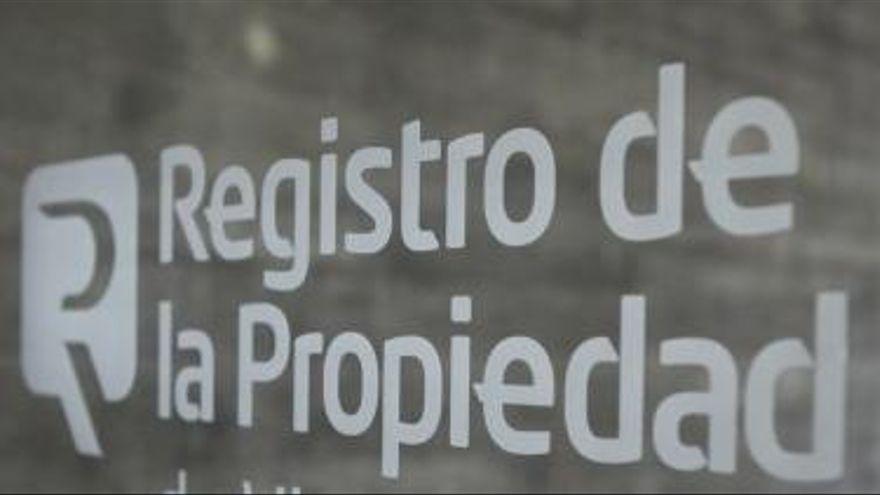What is the Land Registry?
The Land Registry registers acts affecting ownership or rights in rem over immovable property, whether publicly or privately owned.
In Spain, the land registry is not an administrative register for filing documents or merely “taking data”. It is a legal register of rights in rem over real estate. The inscriptions are subject to legal presumptions, including those of the veracity of the inscribed fact.
Therefore, if you need to register the purchase of your property in the register, you should prove that you have fulfilled all the legal requirement.
When you buy a property, you need to sign it on a public deed. After that, you can register the deed in the Land Registry. Your deed needs to comply with all the legal requirements imposed by the Land Registry.
The Land Registry is public for those with a known interest in the status of registered real estate or rights in rem.
The Spanish Registry System is one of the most secure in the world. It is a Registry of rights. Courts protect registered rights.

In addition, the legal system attributes to your registered rights a series of legal presumptions; Those presumption derive from the principle of public faith in the registry.
1.- The Principle of Publicity
In the event of a conflict between reality and the Register, it gives certainty to the declarations made in the Register.
This Principle of Publicity has two fundamental aspects:
– The procedural aspect. You, as a registered owner can enforce your registered right before the Courts, against whoever disputes it, by means of a Certification issued by the Registrar. You can accredit the validity of your registration without any contradiction whatsoever. The burden of proof, therefore, will fall on whoever disputes your registered right.
– The substantive aspect: In which you can distinguish between two dimensions:
- A negative one. What you don’t register does not affect the contracting party who trusts the content of the registration.
- A positive one: produces a double presumption in the registered content.
2.- Principle of Legitimacy
Presumption iuris tantum (i.e., which admits proof to the contrary) that what is published in the Register is true.
3.- Principle of Public Registry Faith
Presumption iuris et de iure (i.e., which does not admit proof to the contrary) that what is published in the Register is accurate and complete.
Thus, if you purchase a property from a person who is registered in the Register as the owner of the property, and you are unaware that there may be another unregistered owner, and you register the ownership acquired by the purchase, you will be protected by the Spanish registration system, in such a way that no one can dispute your ownership.

Pingback: Buying a house in Spain for foreigners 🏠🇪🇸 - Luxton Legal